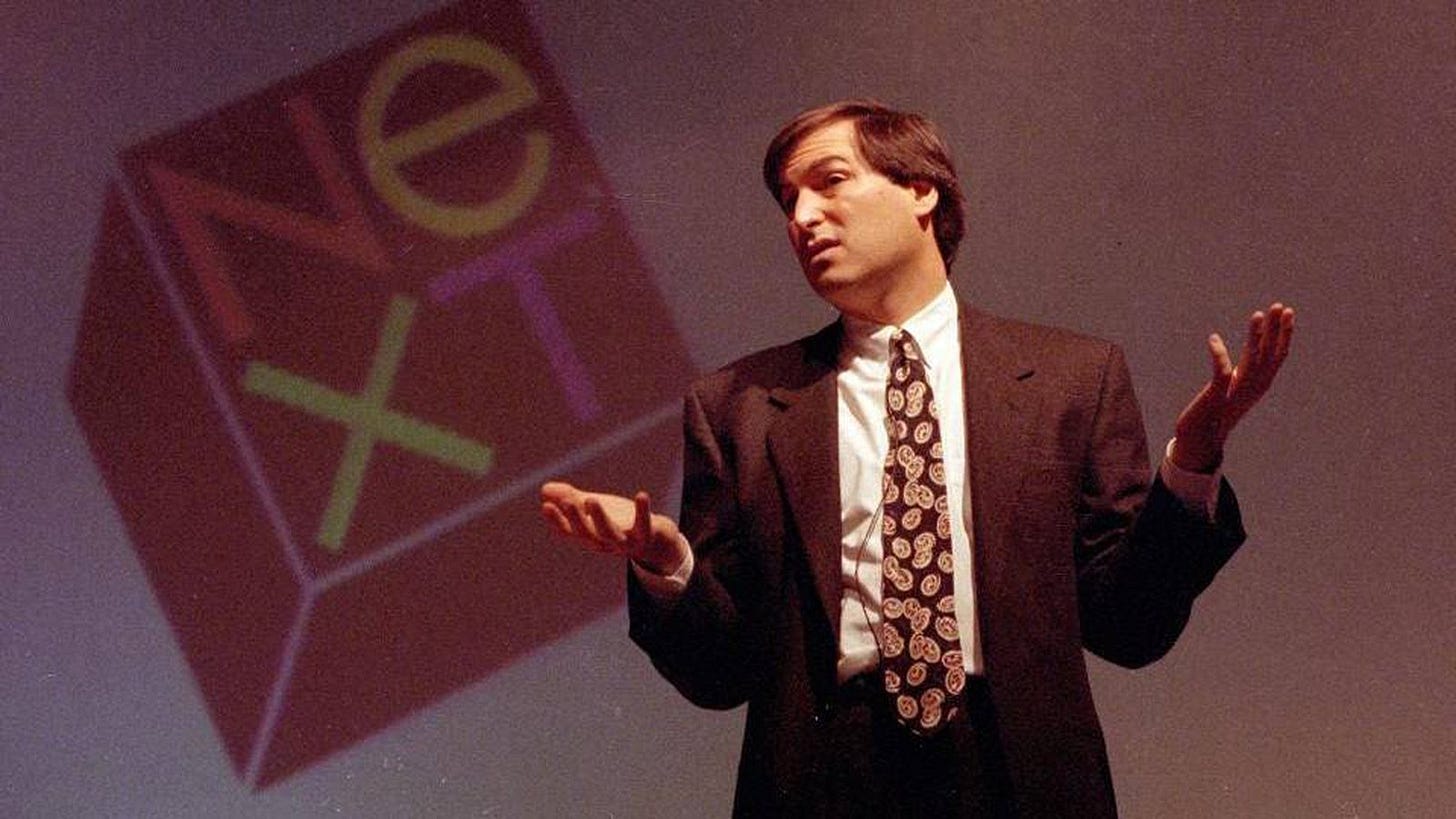Just Do Things
On The Bias Toward Action and the Accumulation of Insights
TLDR: Approaching new challenges with a bias toward action (’just doing things’) can help you make the most of your opportunities.
"Sometimes when you innovate, you make mistakes. It is best to admit them quickly and get on with improving your other innovations." - Steve Jobs (quote from Steve Jobs, by Walter Isaacson
Wisdom vs Insight
Older people are often the best sources of advice. In many cases, you might go astray by listening to someone under the age of sixty-five attempting to share something akin to 'wisdom.' However, people of all ages and experiences can have insight. Insights become apparent to people in the midst of doing things.
An active practitioner within any discipline, when his or her endeavor is approached with adequate expertise and vigor, will just see things. Some things work in some circumstances, others work in different circumstances, and some things never seem to work.
Insights are why professionals tend to gather together. In my current pursuit as a professional policy advocate, I am constantly connecting with my peers. I go to conferences in different parts of the world to learn about the experiences of those working in the EU, the UK, Singapore, and Japan. I attend happy hours and lunches with other Washington-based professionals focused on adjacent issues to deepen connections and swap war stories with others who truly get it. I’m on endless mailing lists, Signal chat, Telegram channels, Twitter spaces, and on Warpcast (look it up: that’s an insight for you!) all to stay up-to-date on critical intel and best practices. I also tweet and blog because I find the content genuinely interesting and read everyone else’s tweets and blogs, too.
Wisdom, in my opinion, can only be gained by experienced practitioners in retrospect. After many, many actions have been taken, when through lines between disciplines, and rhythms across time, can be divined and evaluated. I don’t have much wisdom. But I’ll get there. So will you.
Accreting Insight
When you’re in the thick of things - experimenting, growing, struggling - it’s relatively easy to come across and generate new and useful insights. The accumulation of insights is professional experience, a separate variable in the performance calculation than say, talent, or general raw intelligence. A simple example comes from professional sports (sports almost ALWAYS make the best analogies): a slightly bruised and battered, but very good, position player in any sport is usually more valuable to a team trying to win a championship this season than a top draft pick, even though the rookie might have the capacity to build a career that far exceeds that of the experienced veteran.
My finding is: to build a really successful career as a modern professional, one must accumulate as many insights as possible, directly and vicariously, if they intend to have the opportunity to win a championship (some achievement of outsized success) one day.
A New Challenge
I’m now slightly over a year into my current role as Head of Policy at dYdX Trading, the software developer of a leading DeFi protocol, and I just now feel like I’m really getting into the swing of things. While the subject matter of my role (crypto policy: legislation and regulation) is something I’m deeply familiar with, the position, and where it resides within the organization, are new concepts for me.
Life as a corporate executive at a fast-growing technology startup where the core objective is growth and revenue is vastly different from that of a subject matter portfolio lead in a Congressional office, where the primary function of the entire institution is legislating. Now, I play a role that is abstractly related to the primary objective of my organization. I used to be directly involved in the core pursuit of the entity I was employed by. Before, I spoke the principal dialect of the realm I inhabited. Now, I speak the language of an outer province and am engaged in a perpetual dance of translation. It’s different.
Through the course of the year, I’ve learned how to articulate, execute, and update OKRs (Objectives and Key Results); to develop and communicate detailed strategic objectives; to recalibrate my focus toward relevant impact and overall outcomes, rather than solely on excellence of individual contribution. I’ve generally had to level up my operation beyond that of an individual contributor.
Take Action(s)
An insight I’ll share with you today: Just Do Stuff.
What this learning pursuit has taught me is that it’s critical to JUST DO STUFF. This is how you learn. I don’t mean this as 'just do busy work to look like you’re active,' but I’ve learned that it’s important to take substantive actions, even if you’re not completely sure what the outcome will be, because you will learn a lot on the way. Obviously, the level of freedom one has to experiment will vary depending on the given field, but a creative practitioner will always take the initiative to be creative and productive. For example: military leadership might seem a place where experimentation and risk-taking should be guarded against, but you can surely bet that Napoleon was constantly experimenting on a strategic and tactical level from the outset of his career.
This attitude of 'just doing stuff', and taking experimental actions also extends to mundane or routine things. If someone gives you some random thing to do, even if it’s framed as an option, as it likely will be if you’re senior enough, take the time to learn the process and carry it out. You’ll most certainly learn something about yourself along the way, and concurrently learn how to speak your new language.
Having a bias toward action has helped me move faster and be more decisive in professional circumstances. I’ve gained this insight through deep immersion and focus in my work.
What insights have you come across through your experience?
R




